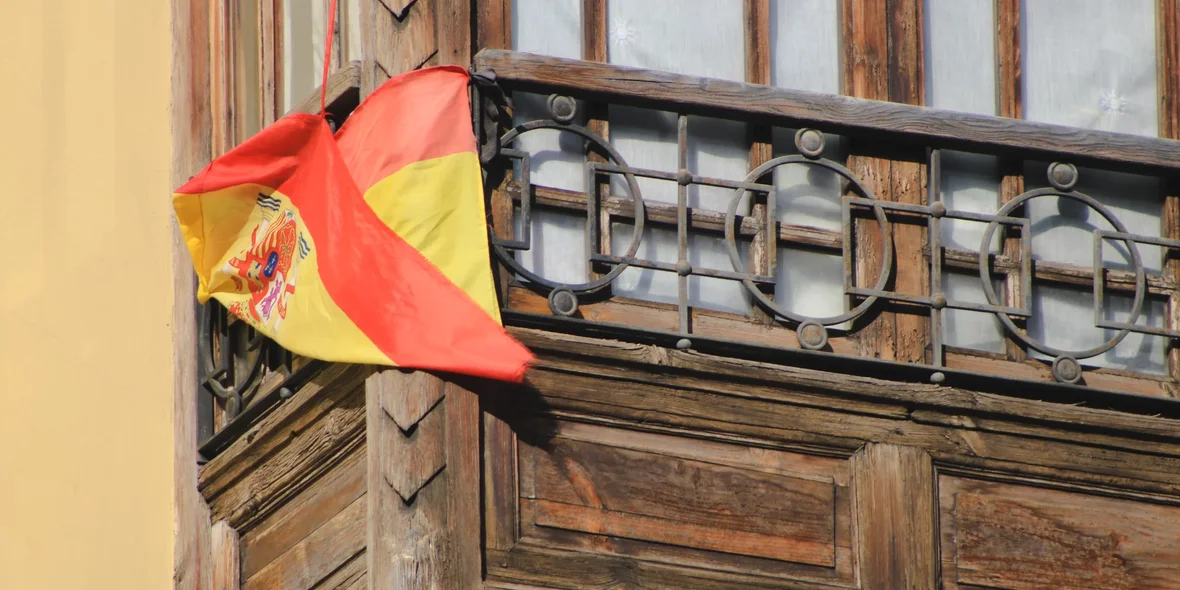
Spain is sounding the alarm: squatters are taking over more houses, and it’s getting harder to get them back
In Spain, squatters are taking over more and more homes, and this problem has probably reached its climax. According to Idealista, now to get your home back in Spain, you will have to wait an average of more than 20 months. And, apparently, this is not the limit.
Who are squatters (okupas) and what is the problem?
Imagine buying a house in Spain, making it your own, then going on vacation for a week. You come back — and in your house there are other people living, and it turns out that it is not so easy to evict them. These people are squatters (in another way, okupas).
Squatting in Spain (illegal occupation of property) is a serious problem. The National Organization of People Affected by Occupation (ONAO) reports that in 2022 the number of such invaders in Spain increased by 20% compared to 2021.
The squatter situation continues to deteriorate. The time that Spanish property owners have to wait for a decision to evict squatters from their homes continues to increase. At present, the average period has increased to 20.5 months between first instance and provincial court procedures.
Squatter problem: causes and effects
In regions such as the Balearic Islands, the Canary Islands, Castile and León and the Community of Valencia, the first instance procedure takes more than 11 months or even a year, as in Andalusia and Murcia. On the other side of the table are La Rioja, Navarre and the Basque Country, with an average of less than seven months.
Experts criticize the fact that the eviction of squatters in Spain takes more and more time, which is caused, according to Arantxa Goenaga, lawyer and partner of Círculo Legal Barcelona, "failure of the Office of Justice due to lack of resources". In addition, she cautions that this year’s deadline will be further extended by "the various strikes that are taking place".
According to the lawyer, the trend will increase as the new Housing Act now adds more complexity, which will further increase the time required to evict squatters "due to a number of requirements and formalities that are required in order to conduct a judicial procedure of these characteristics". All this, she insists, makes many owners choose to sell their property, and causes investors to lose confidence.
For José Ramón Zurdo, a lawyer specializing in leasing, and the CEO of Agencia Negociadora del Alquiler (ANA), the problem with delays in evicting squatters is the following legislation: "Legislation overly protects the lessee with a series of measures that make court proceedings longer and longer. And all the time, with the non-payment and damage to the property, the landlord suffers".
Property occupation has become a major problem for landlords and a disaster that already affects about 100,000 properties across Spain, according to Plataforma de Afectados por la Ocupación (Platform of People Affected by Squats).
The fact that insurance companies are launching products and coatings in this area is proof of the concern raised by the squatting phenomenon in Spain.
In 2022, there were 16,726 squatting cases in Spain, an average of 46 per day, according to the latest data provided by the Ministry of the Interior. This is 3.17 per cent lower than in 2021, when the six-year high was 17,274.
What shall we do?
The Rental Agency (ANA) proposes three legal changes to combat this problem:
- Introduce prison terms (six months to one year) for squatting
- Possibility of eviction of squatters from occupied dwellings before court hearing
- Give the police the power to evict squatters immediately in the first days of occupation.























